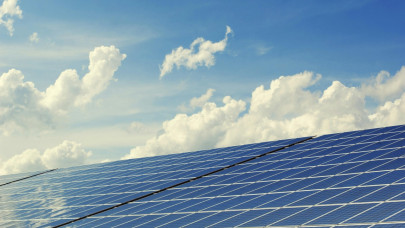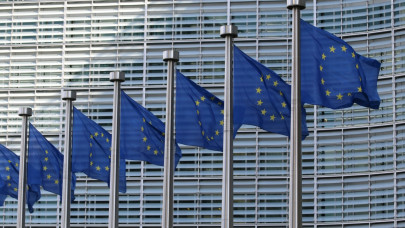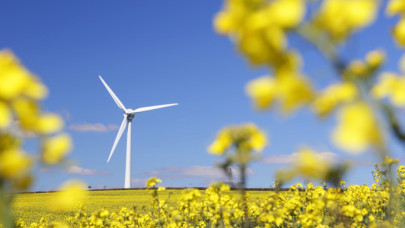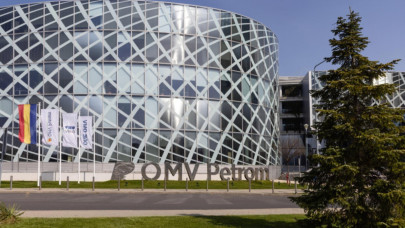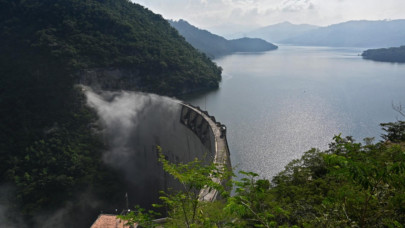The annual report, produced by the Forum in collaboration with Accenture, indicates that 107 of the 120 surveyed countries have made progress in their energy transition over the past decade.
Advanced economies generally perform best on the Energy Transition Index (ETI), with Sweden, Denmark, Finland, and Switzerland at the top. France has also entered the top five due to effective energy efficiency policies, achieving a 12% reduction in energy intensity. Although the top 10 countries only represent 2% of the global population and contribute just 1% of energy-related CO2 emissions, major emerging economies like China and Brazil have shown significant progress. Notably, China installed as much solar photovoltaic (PV) capacity in 2023 as the entire world did in 2022, and Brazil's focus on hydropower and biofuels has attracted significant investment.
Common traits among top performers include enhanced energy security through diverse energy sources, improved energy intensity, a growing share of clean energy, carbon pricing mechanisms, and supportive regulatory environments.
The report highlights Estonia, Ethiopia, and Lebanon as the fastest improvers over the past five years, primarily due to their emphasis on off-grid renewable energy to enhance access and sustainability. Leading the momentum in the energy transition among developing countries are Lebanon, Ethiopia, Tanzania, Zimbabwe, and South Africa. These countries are recognized for their commitment to reducing fossil fuel subsidies, decentralizing renewable energy, and increasing clean energy jobs.
Despite record-high ETI scores, transition momentum slowed in the 2024 report, with a three-year compound annual growth rate (CAGR) of just 0.22%. Beyond wind and solar adoption, clean energy investments have not advanced quickly enough to meet the net zero target by 2050, particularly in energy efficiency, system electrification, and low-carbon energy sources and fuels. Additionally, inflation and high interest rates have led to tighter energy markets and higher prices, making sustainable energy investments challenging for lower-income communities and developing nations.
Geopolitical tensions have also affected some countries' transition pace, as they prioritize security over equity and sustainability. For example, Germany increased coal-based production by 35% in 2022 compared to 2020 to reduce its reliance on Russian gas. In the US, despite significant score improvements due to legislation like the Inflation Reduction Act, the transition pace has been hindered by delays in connecting clean energy projects to the grid.
The report notes wide gaps in transition momentum, with nearly 85% of clean energy infrastructure investment occurring in advanced economies, highlighting the need for greater international support. Each country's unique economic status, energy mix, and geographic location means there is no one-size-fits-all solution for accelerating the energy transition. Nevertheless, achieving a balance of equity, sustainability, and security is essential, although only 20 countries improved their scores across all three metrics in the past year.
Digital innovations like generative AI offer significant opportunities for governments and energy companies. According to Accenture research, these innovations could generate over $500 billion in annual savings. While these technologies will increase electricity demand, they can enhance global energy and security through new investment opportunities despite a complex macroeconomic and geopolitical landscape.



